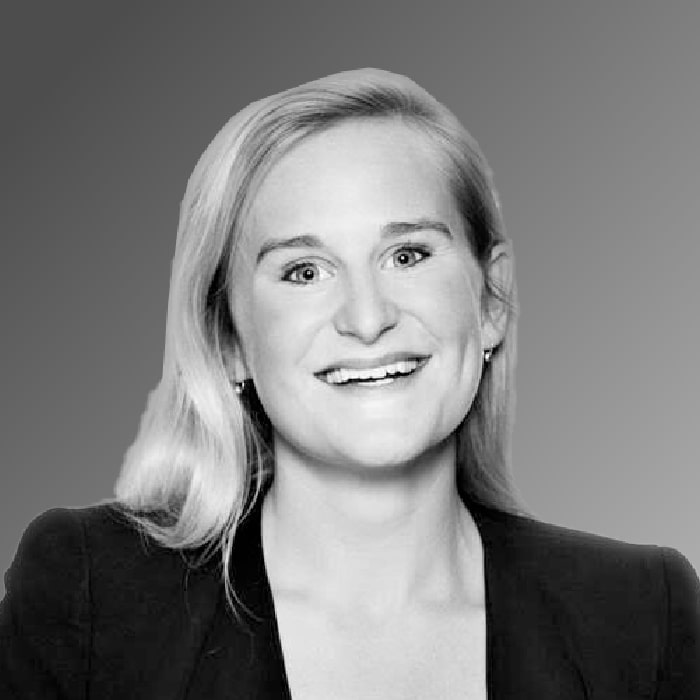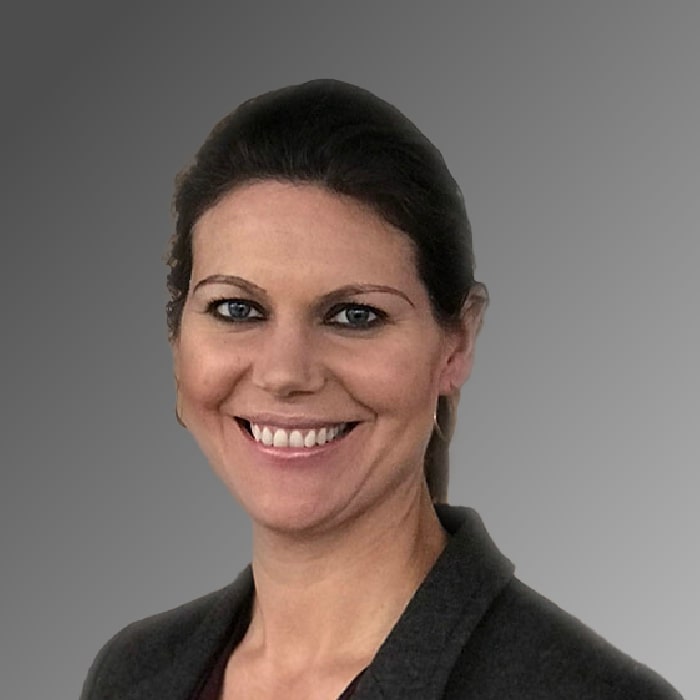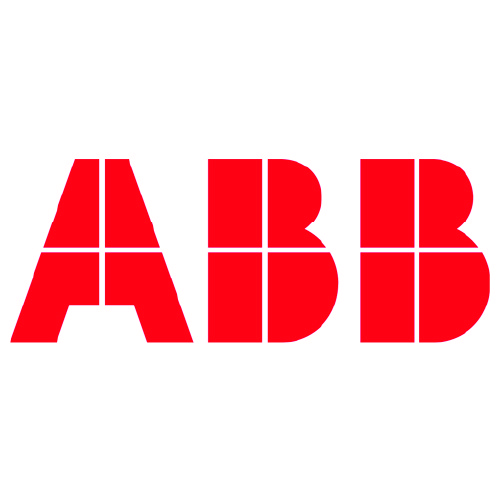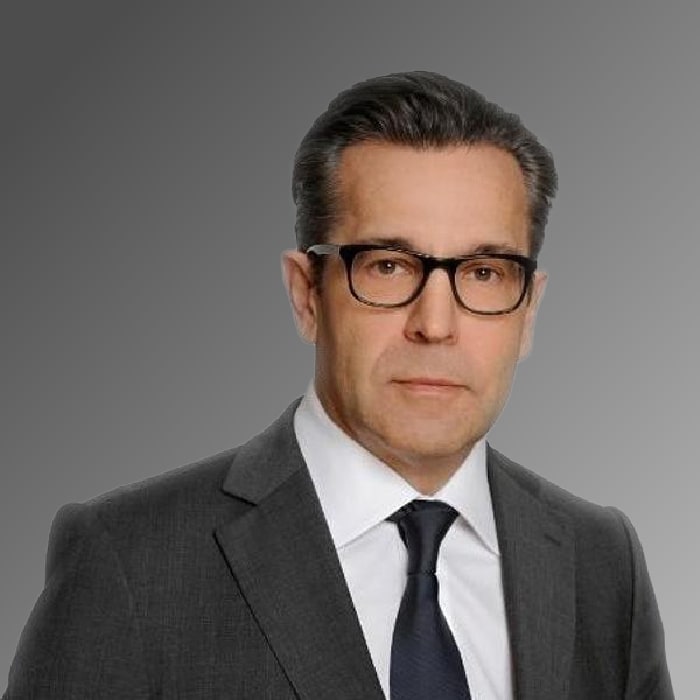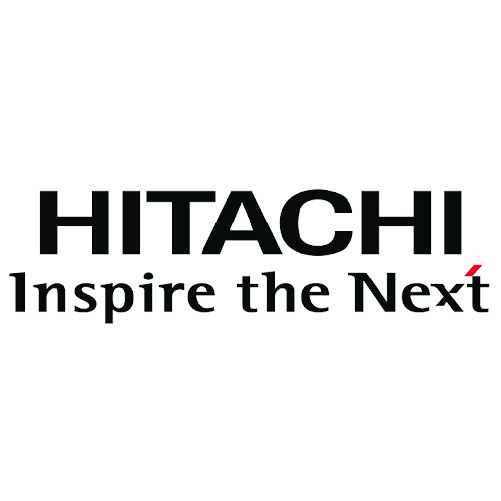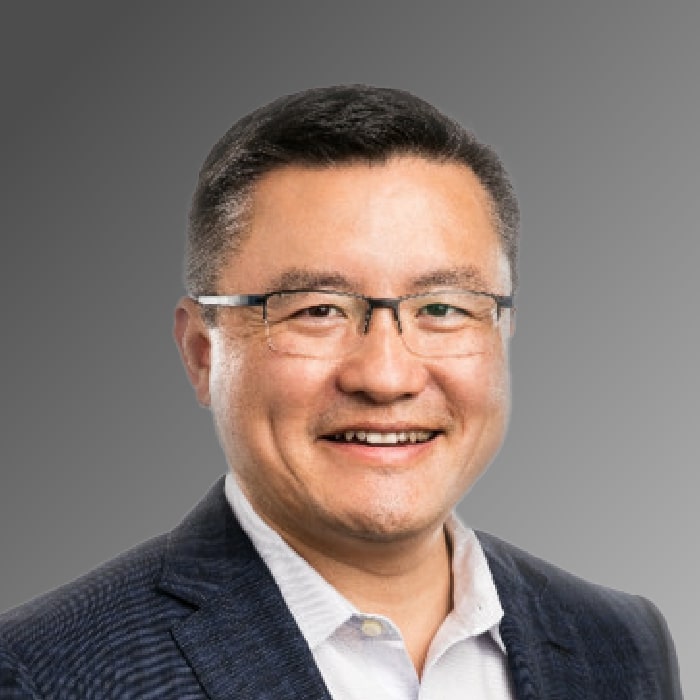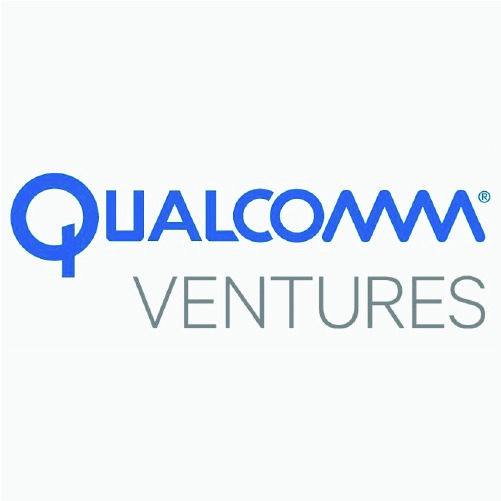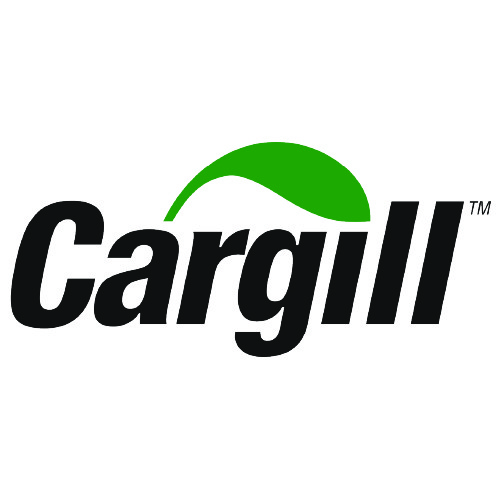Charting New Waters: The Journey through Sustainable Innovation
May 15, 2024
Interviewed by Nicolas Sauvage on November 10th, 2022
Sarah Landsted, operating partner at Maersk Growth, told Corporate Venturing Insider fans how her pioneering corporate venture capital firm has been making waves in the investment landscape by combining strategic acumen and product development expertise. As an integral part of the Maersk ecosystem, Sarah and her team drive strategic value for portfolio companies while navigating the choppy waters of corporate relationships.
Maersk Growth
Sarah plays a multifaceted role at Maersk Growth. She evaluates investment opportunities, fosters collaboration, and ensures strategic alignment. As a member of the investment committee, her structured approach and analytical rigor are instrumental in avoiding biases in startup assessment. This meticulous approach ensures all investment candidates receive an evenhanded evaluation.
Fully identifying customer pain points and calibrating market potential lie at the heart of Maersk Growth’s investment philosophy. Sarah underlines the importance of solving problems that resonate deeply with customers, steering clear of mere niche interests. A global enterprise like Maersk must be able to leverage startup relationships to access an expansive addressable market to fuel growth, and this criterion remains central to its evaluation process.
“We invest in what we believe are talented startups and visionary innovators, and to do that. We need to bring tangible value as a strategic investor,” Sarah explained. “The reason I’m part of the investment committee is that we can promise the world, but it is my team that delivers it.”
Sarah outlined the personnel and processes that work together to arrive at Maersk’s successful investments. Under the fund’s partnership structure, a managing partner and three investment partners scout for potential opportunities. Portfolio managers provide day-to-day guidance to founders. The goal, of course, is to create substantial value and foster symbiotic growth within the fund/corporate/startup relationship.
A B C D E Framework
Like many other CVCs, Maersk Growth conducts a holistic evaluation during its investment decision-making. The team studies the customers, competition, market, teams, and products that constitute the entire ecosystem. This framework scores the startup’s vision, business model, capabilities, collaboration potential, and environmental/social impact in Maersk’s A B C D E framework:
- An expansive network of global assets
- A respected and credible brand
- Industry- and geography-spanning customer base
- Extensive data resources
- Supply chain expertise
However, this due diligence overlaps with a conscious alignment with the company’s vision and industry impact to crystallize strategic alignment and long-term potential.
“If there’s no strategic relevance, we can’t warrant to our executive leadership team in Maersk why we should get funding,” Sarah said. “We need to make sure we bring strategic value back and we need to make sure that we drive value as a strategic value.”
Sharing Insights
The strategic insights that Maersk gathers through this venture have immense value not only for the company but also for the broader industry. Learning from the leading edge of innovation, understanding emerging business models, and identifying potential disruptors can reshape the company’s trajectory and contribute to industry evolution. Effectively disseminating these insights within the organization, however, proved to be a challenge.
A strategic review uncovered the communications gaps and highlighted the concrete steps Maersk took to resolve them. The company established a dedicated strategic insights team — Sarah called it a “mini think tank.” This team, fueled by data analytics, direct portfolio company engagement, and extensive research, distills complex trends in the supply chain ecosystem. The team delivers comprehensive reports and intuitive dashboards that provide colleagues at Maersk with actionable intelligence and food for thought.
“A lot of work goes into it, and the value for us comes when it’s relevant enough for our colleagues to use in their daily activities,” concluded Sarah.
Long-Term Vision and Strategy
In 2017, Maersk embarked on a growth trajectory that captured its commitment to long-term sustainability. While the company had not been on this path for an extended period, the intention was clear: to fuel future funds through the returns generated by initial investments.
Sarah described it as a flywheel effect, where the first fund commitment sets the wheel in motion. As these investments mature and bear fruit, the resultant returns feed into the system, generating momentum and providing cash for subsequent ventures. This cyclical progression forms the backbone of the company’s strategy, one that’s meticulously conveyed to the executive leadership team as a part of their pitch.
The journey has not been without its challenges. Venture capital operates on a vastly different timescale than traditional corporate strategies.
As Sarah admitted, “The lifespan of the time horizons you look at in venture capital is so long compared to how you normally assess it in corporate.”
This discordance required a paradigm shift and mutual education, underpinning the complexity of managing investment commitments that span several years. But the rationale for this strategy isn’t solely rooted in financial returns. The strategic element cannot be overlooked. Venture capital carries certain risks, making it a bold financial investment strategy. Although Sarah acknowledged this, she offered a contrasting perspective. She highlighted that if Maersk’s goal was merely a steady and predictable return, traditional investments like acquiring more tugboats would be a safer path. But it’s the pursuit of innovation and disruptive potential that propels Maersk into the world of venture capital.
Decarbonization and CVCs
With the urgency to address sustainability, environmental responsibility, and decarbonization, investors like Sarah increasingly try to leverage their position as corporate venture capitalists uniquely to drive climate and ecological solutions.
Sarah highlighted that Maersk had commissioned the construction of methanol-powered vessels that would play a pivotal role in its operations. However, a significant roadblock presented itself: the absence of a reliable supply of methanol, a crucial green fuel. This predicament illuminated the criticality of green fuels as a strategic priority.
“So for us, it’s really around making sure that we invest broadly to drive the maximum strategic value for Maersk as a business,” Sarah said. “It doesn’t work if we put all our eggs in the robotics basket or we put all the eggs in landside decarbonization, we have to make sure that we maximize across (technologies).”
In response to the immature methanol supply chain, the corporation established a dedicated fuel fund that exclusively targets green fuel technologies. Recognizing the inherent research and development intensity of the sector, this specialized fund was established in collaboration with a decarbonization team, positioning the corporation at the forefront of innovation and ensuring its readiness to embrace emerging technologies that could revolutionize the way it operates.
The blend of forward-thinking investments, specialized funds, and collaboration with startups not only positions these corporations as agents of change but also harnesses the agility of external innovation ecosystems. In this symbiotic relationship, startups gain access to resources, mentorship, and industry insight, while corporations stay attuned to cutting-edge technologies that can reshape their future.
By marrying strategic acumen with product development expertise, Maersk Growth has carved a unique path in the investment landscape. Sarah’s multifaceted role at the heart of this endeavor, characterized by meticulous evaluation, strategic alignment, and fostering symbiotic growth, underscores the essence of their success.

 A B C D E framework balances startup vision, business model, capabilities, collaboration potential, and environmental/social impact with Maersk's strategic priorities, this approach ensures strategic alignment and long-term potential in its investments.
A B C D E framework balances startup vision, business model, capabilities, collaboration potential, and environmental/social impact with Maersk's strategic priorities, this approach ensures strategic alignment and long-term potential in its investments. 